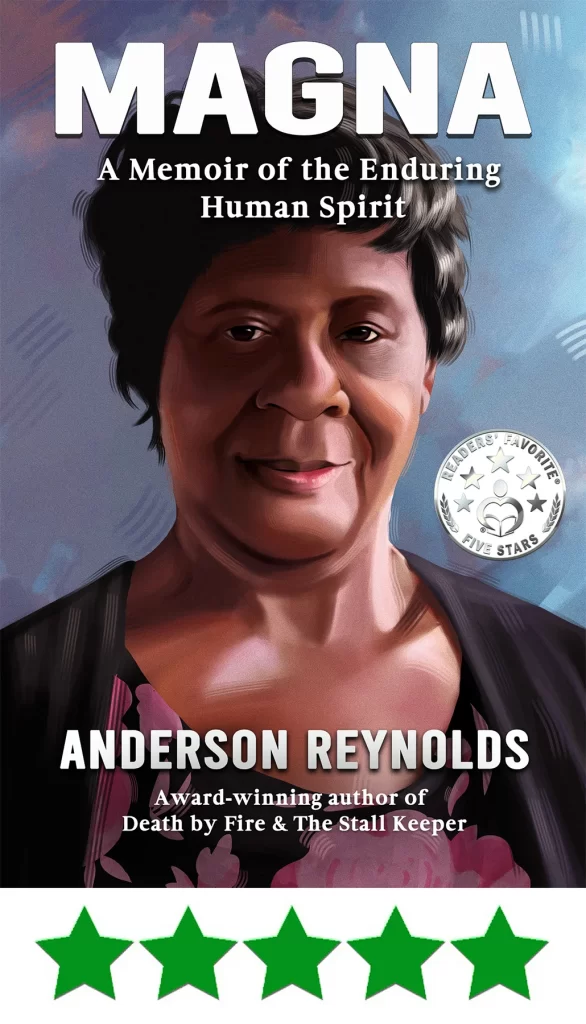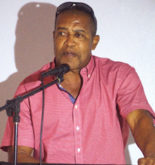Anderson Reynolds
Last night, May 21, 2025, at a public meeting held next to Vieux Fort’s Independence Square, and in which Dr. Kenny Anthony was, apparently by design, the sole presenter and unaccompanied by his parliamentary colleagues, the incumbent Vieux Fort South District Rep announced, in no uncertain terms, that he would be bowing out of elective politics.
It was a somber and momentous occasion, for Dr. Anthony had become a political institution in and of himself. He served as the Vieux Fort South District Rep for six consecutive five-year terms, and as the prime minister of St. Lucia for three five-year terms. Persons under the age of forty would be hard pressed to have met any other Vieux Fort South District Rep. Indeed, it is fair to say that Dr. Anthony has dominated the St. Lucian political landscape for the better part of three decades. Recently (2022), he celebrated his quarter-of-a-century political representation of Vieux Fort with a thanksgiving church service followed by a fete.

Kenny Anthony wasn’t just a colossal political figure, but also a transformative leader. He presided over the country at a crucial juncture, at the advent of the explosion of social media, online streaming, personal telecommunication devices, artificial intelligence, and the sharp decline of the almighty banana industry.
As discussed in my political treatise, No Man’s Land: A Political Introspection of St. Lucia, one accusation against Sir John Compton, regarded as the father of the nation, was that he focused on economic and infrastructural development to the neglect of social and people development. Another accusation was that, as a result of political victimization, non-UWP voting communities were often neglected in terms of such basic infrastructure as roads, water, and electricity.
Consequently, when Dr. Anthony came into power in 1997, he found many rural communities in darkness and without running water, police stations, and health centers crumbling and inadequate, highways and urban areas poorly lit, and though nearly twenty years into independence large numbers of eligible students could not attend secondary school because of insufficient classroom space.

In sharp contrast, and as if waving a magic wand, Dr. Kenny Anthony’s administration fostered a kinder and gentler country, providing universal secondary education, bringing electricity, water and telecommunications services to every nook and cranny of the island, renovating or building health centers, police and fire stations, and establishing footpaths and affordable low-income land and housing development.
Besides these social infrastructural developments, Dr. Anthony’s administration introduced a greater level of discipline, professionalism, accountability and transparency not just to the civil service but also to government, to governing. He moved the country away from the archaic strongman government of the era of John Compton to a government run by professionals.

Moreover, he brought greater respectability and competitiveness to the St. Lucia Labour Party and solidified the party into St. Lucia’s predominant political machine. In a period of great uncertainty and crisis (note the 1993 banana strike that culminated in the police shooting death of two farmers), he oversaw the country’s transition from an agricultural-based economy to a service economy, his government led the way and was instrumental (with Sir Callixte George in the lead) in the liberalization of telecommunications in the OECS, in his last term as prime minister he pursued the most ambitious employment program in the history of the country, and on the regional level, he raised the profile of St. Lucia and elevated the country to an enviable status. In brief, Kenny Anthony professionalized governance in St. Lucia, brought greater respectability to St. Lucia and the St. Lucia Labor Party, fostered a kinder and gentler country, modernized St. Lucia, and led it into the 21st century and the information age.
George Charles spearheaded the labor movement in St. Lucia, presided over the colony from colonial rule to universal suffrage and self-rule, and from the sugar industry to the banana industry. He laid down the political foundation of the country and established the industrial relations upon which the nation was built.

John Compton, on the other hand, completed the decolonization process that George Charles had started, established bananas as the island’s predominant economic activity, and laid down the economic, industrial, and infrastructural foundation of the country.
Kenny Anthony could make the case that, compared to his head of government predecessors, he wasn’t too shabby, for he transformed St. Lucia into a modern polity, engendered a more egalitarian society, led the country from an agricultural-based economy to a service economy, and shepherded its transition into the information age.
Clearly, as Dr. Kenny Anthony enters the twilight of his political career, St. Lucia and the Caribbean have much to thank him for. Therefore, I want to take this opportunity to thank him for his service and wish him the best in his future endeavors. I must applaud him, however, for making the right decision not to contest the Vieux Fort South seat in the next general elections. I think he had already offered what he had brought to the table.
And quite a few Vieux Fortians are of the opinion that although nationally and regionally Kenny Anthony’s performance and accomplishments were applaudable, his record in Vieux Fort (as revealed in The Promised Land) was anything but stellar; he didn’t set the socioeconomic development of the district on fire.
With the UWP candidate—Leanna-Johannes-Paul—and all the potential SLP candidates—Tresha Lionel, Augustus Cadet, Danny Butcher, and Kentry Frederick—being Vieux Fortians, we can rest assured that come 2026, the town will have a bona fide Vieux Fortian as its District Rep, an outcome for which many Vieux Fortians have been long hoping and wishing. The 2026 general elections will therefore represent a new beginning for Vieux Fort.

Given Vieux Fort’s current socioeconomic quagmire, the prospect of representing the district may seem daunting. But the incoming district rep needs not despair, for help is on the way. In my newly published book, The Promised Land, which will be available in St. Lucia as early as next week (May 30), besides deciphering the problem with Vieux Fort, the book provides guidance on how best to govern the district to set it on the path of socioeconomic progress. The Promised Land is the first book of The Vieux Fort Chronicles trilogy. The second book, The Promised Land in Despair, will be published in 2026.
I’m also pleased to share that in addition to The Promised Land, my memoir, Magna: A Memoir of the Enduring Human Spirit, was also recently published. The memoir dwells on the life and death of my mother, and is the second book of my memoir trilogy, in which My Father Is No Longer There was the first book.
Book Reviews of MAGNA & The Promised Land
A Review of The Promised Land (by Jako Books & Dr. Jolien Harmsen)
Readers’ Favorite gives MAGNA 5-Star Reviews
MAGNA—Dr. Reynolds’ Finest (by Modeste Downes)
Booklife Selects MAGNA as its Editor’s Pick
![]()




